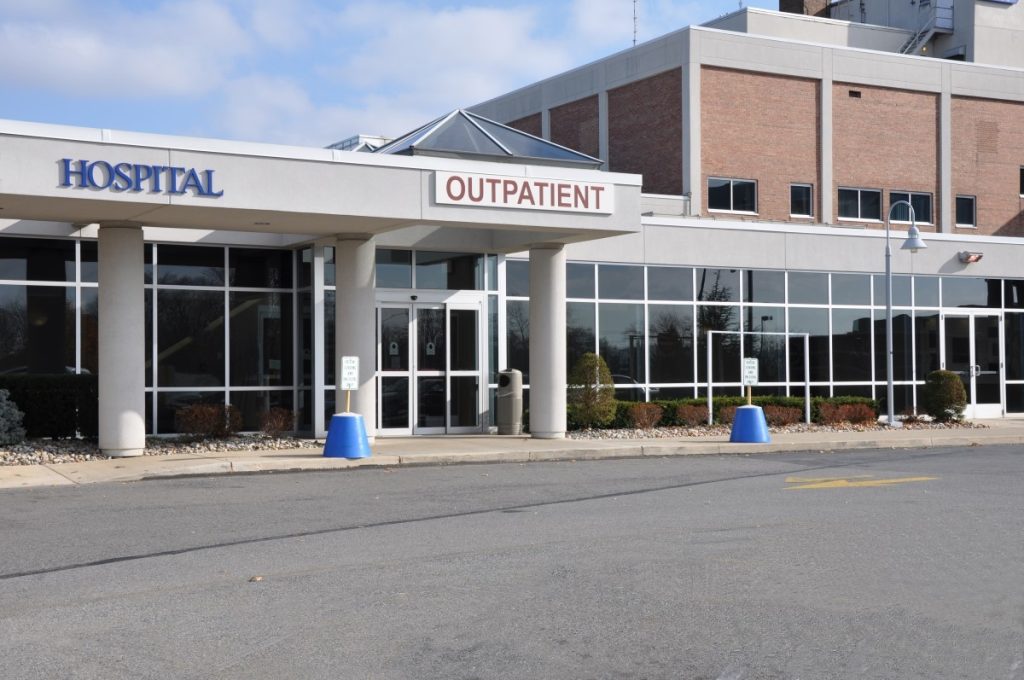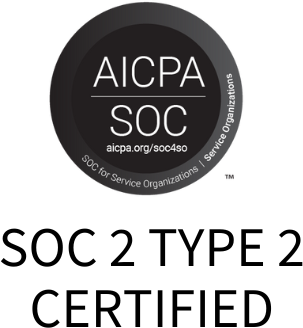
Hospital Reimbursement Audits: Why They’re Actually A Good Thing
Often when we hear the word audit, we cringe. Is it the fear that we are doing something incorrectly? Or is it the fear of getting blamed or “caught”?
In our recent hospital reimbursement webinar, Jackie King, Director of CAH Education at ArchProCoding, emphasized audits as an important tool for education and uncovering revenue. Performing audits regularly can also:
- Correct reimbursement (catches under and over coding)
- Improve interoffice communication
- Protect against fraud claims
- Improve operational efficiency
- Improve data quality
How To Audit The Hospital Reimbursement Process?
Jackie recommends hiring a third-party auditor to either start or refresh your audit practices. A third party brings in fresh eyes, and often you can adopt some of the same spreadsheets and tools for your own audit process.
When talking about coding and audits, one thing is at the center – clinical documentation. All touch points with the patient, beginning with patient registration, play a role in the claim process.
Expert Tip!
Demonstrate to front office staff where on a claim the information they capture appears and how it affects a claim’s ability to be accepted or denied.
Demonstrate to front office staff where on a claim the information they capture appears and how it affects a claim’s ability to be accepted or denied.
- Supports payment,
- Prevents claims of fraud or abuse,
- Supports malpractice/liability scenarios, and
- Encourages good patient care.
Audits also stop revenue leaks! For example, if you see missing start/stop times, missing billable hour charges, or other missed revenue opportunities, you need to speak with your staff.
25 Tips To Improve Hospital Coding Procedures
Modifiers Are The Coder’s Job, Not The Billing Staff
Coders understand modifiers to be a tool to paint the complete picture of a charge. Applying billing modifiers, based on documentation, is solely the job of the coder – not billing staff. If billing staff does add a modifier it should never be for the sake of “getting paid” (this would be fraud); it should only be done under the direction of a coder.
Accurate coding depends on complete documentation. Documentation may not support a code or modifier every time, but coders should look for educational opportunities to help correct and capture revenue on future charges.
Common clinical documentation pitfalls that may impede coding include:
- Missing documentation ie. Incomplete notes
- Lack of medical necessity
- Not understanding when time impacts coding
- Lack of specificity for disease of injury coding
- Lacking key component documentation
- Lacking timely signatures
Looking For Tips, Tools, and Best Practices?
Make use of your state’s MAC tools for educating providers on documentation improvement.
Check out our hospital reimbursement webinar which covers reimbursement nuances from admit through discharge, along with our new eBook, 25 Tips To Keep Hospital Coding On Track!
And remember…
You are the coder; you are the auditor! Happy Coding!


